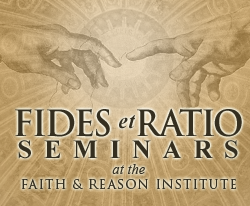Honor, Shame, and Death
COSTARD
O, they have lived long on the alms-basket of words.
I marvel thy master hath not eaten thee for a word;
for thou art not so long by the head as
honorificabilitudinitatibus: thou art easier
swallowed than a flap-dragon.– from Love’s Labours Lost, Act 5, Scene 2
I begin by drawing the reader’s attention to that nearly impossible-to-pronounce and unfamiliar word Shakespeare puts in the mouth of a country bumpkin. Costard is a go-between for swells at the court of Ferdinand, king of Navarre, who have sworn off the company of women. Love’s Labour’s Lost is a comedy, so you can guess how honorably the gentlemen adhere to their oath of chastity.
Oh, and a flap-dragon: Samuel Johnson (in his Dictionary) explains: “a play [game] in which they catch raisins out of burning brandy and, extinguishing them by closing the mouth, eat them.” Great fun, I suppose, especially in a chilly parlor on Christmas Eve. Some fingers were burned; brandy dulled the pain.
Honorificabilitudinitatibus – to make linguistic matters worse – is a hapax legomenon, i.e. a word that appears just once. Hapax legomenon (italicized because it’s Greek) is defined in the Shorter Oxford dictionary this way: “A word, form, etc., of which only one recorded instance is known.” Honorificabilitudinitatibus (an English neologism, so not italicized) appeared originally in Shakespeare’s comedy making it also a coinage. And it means honorableness.



